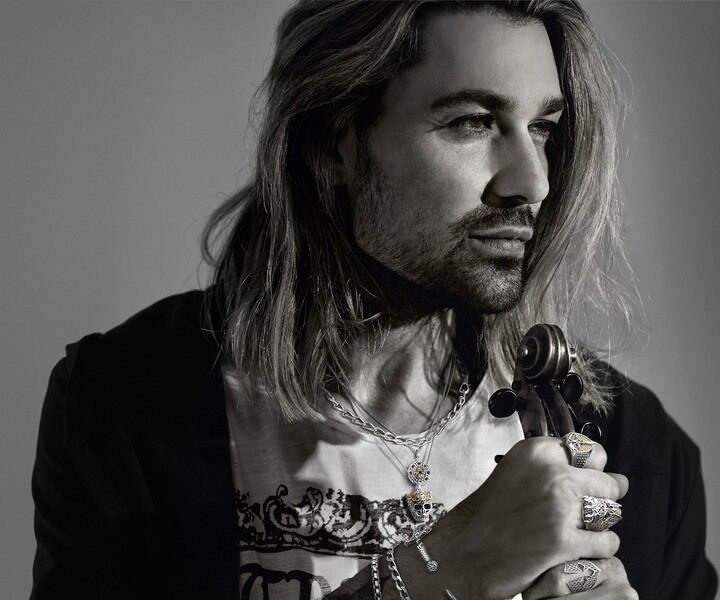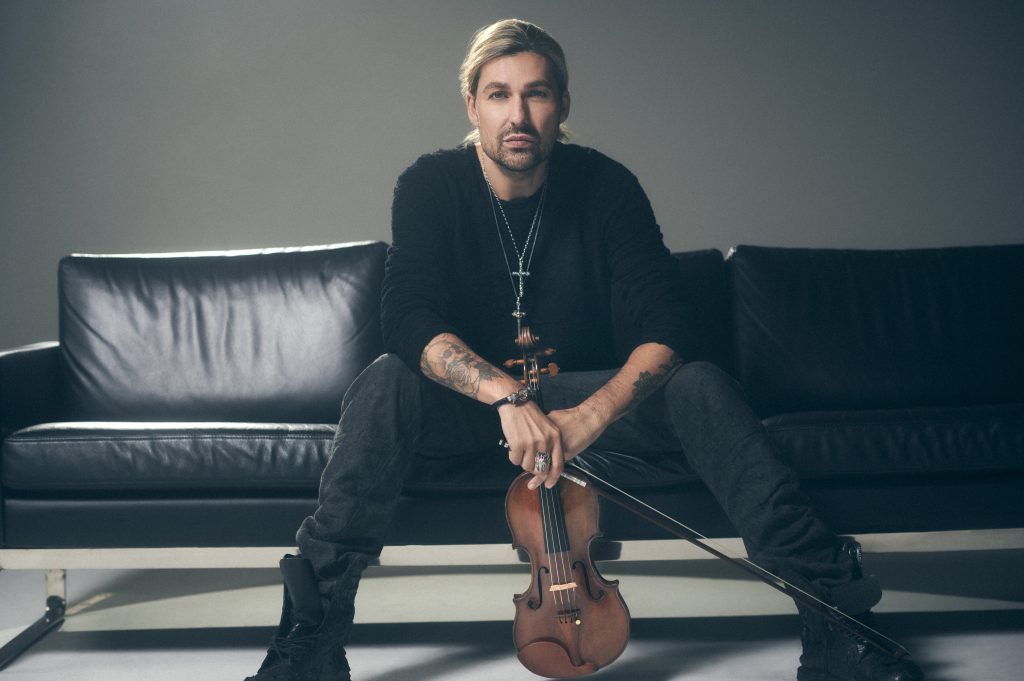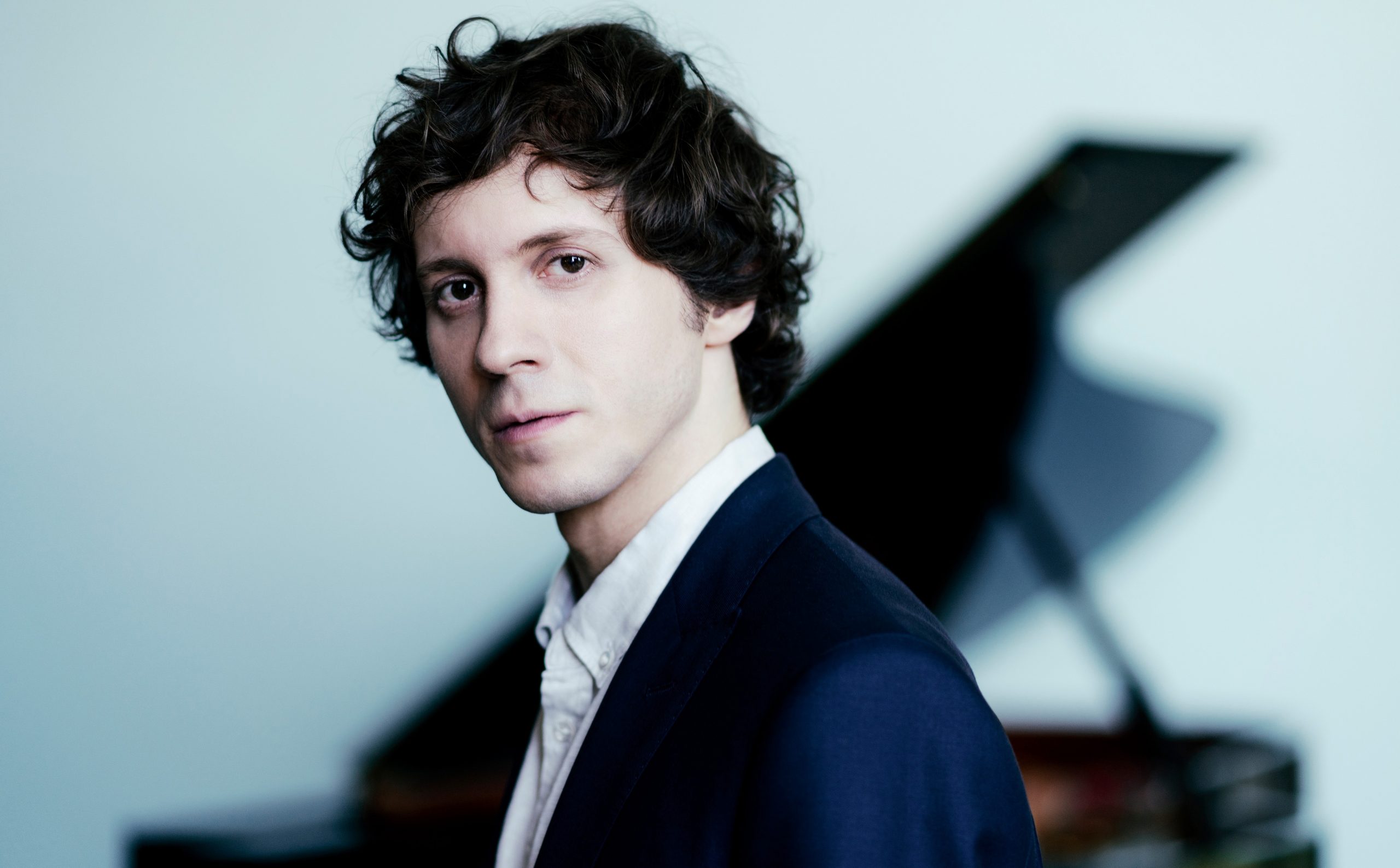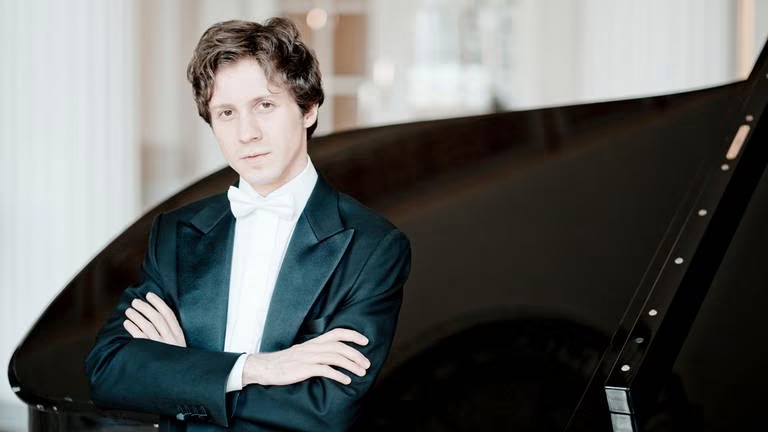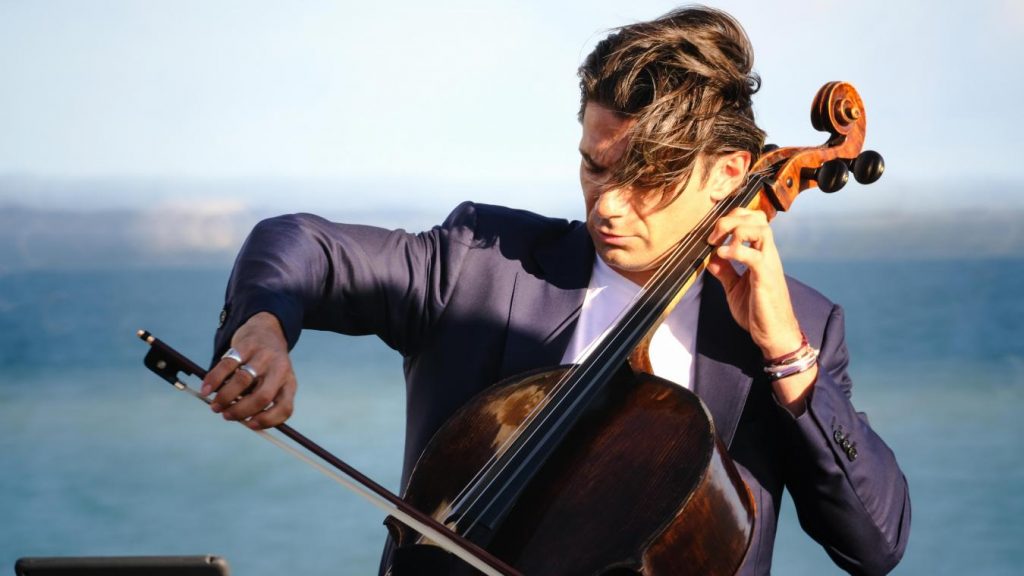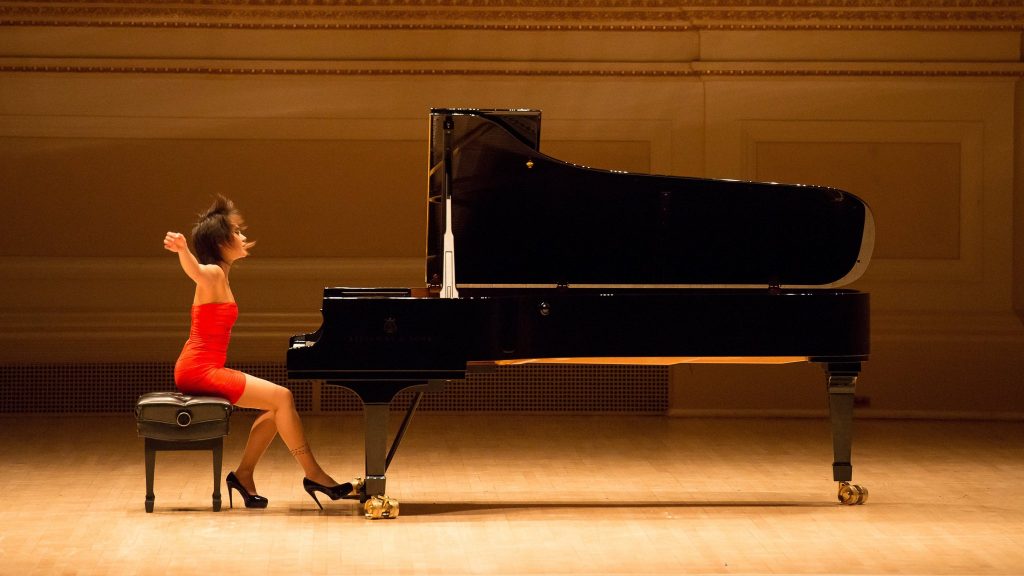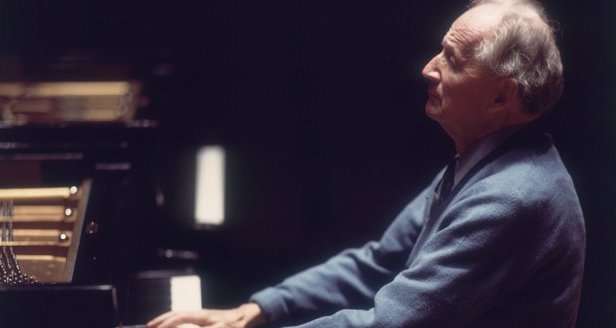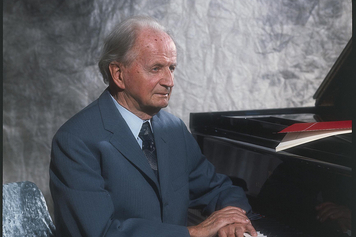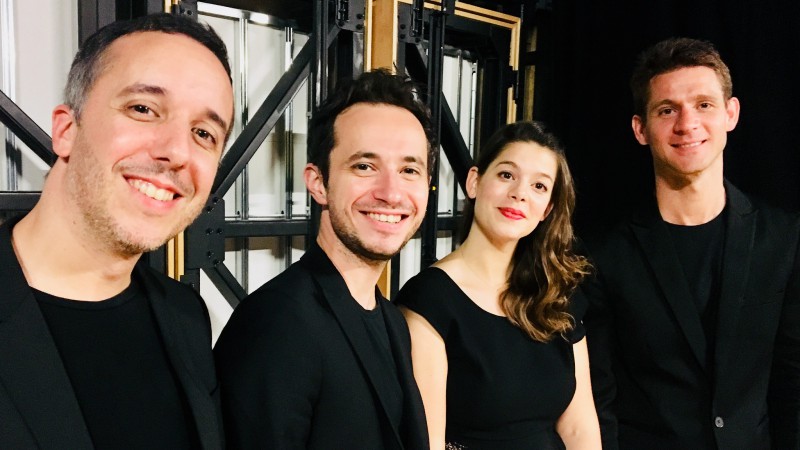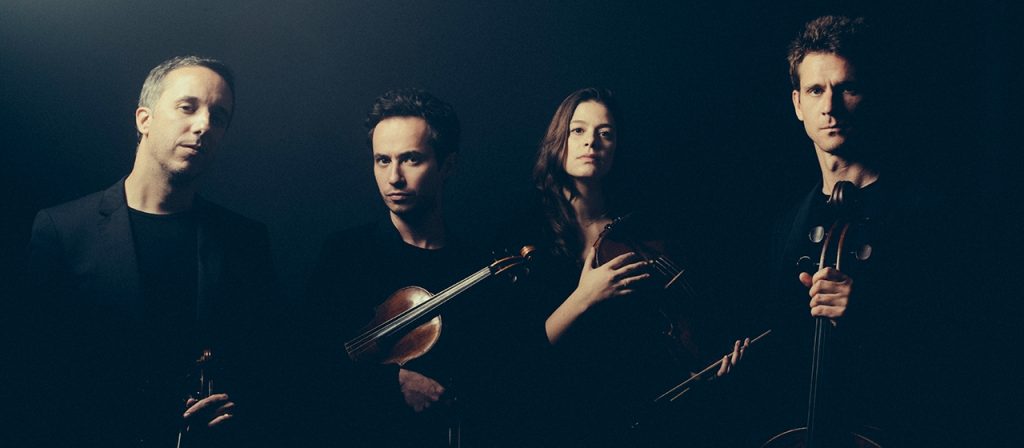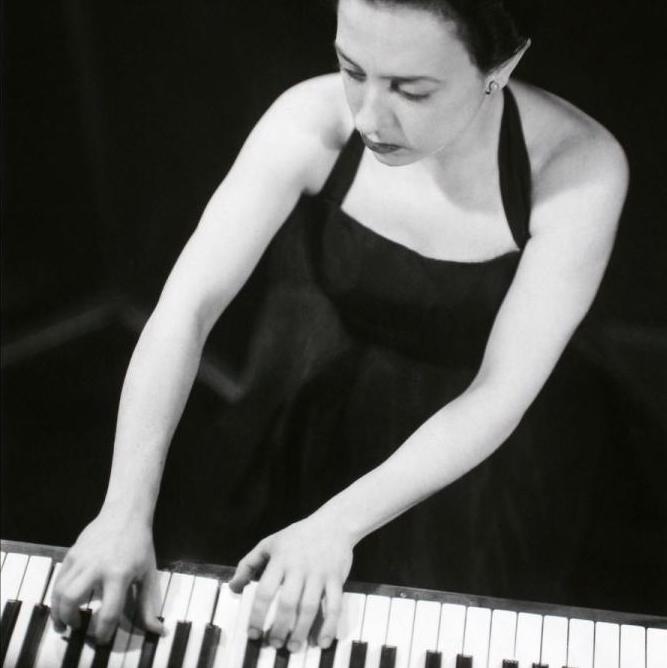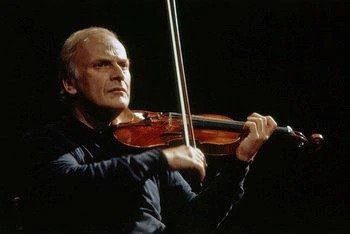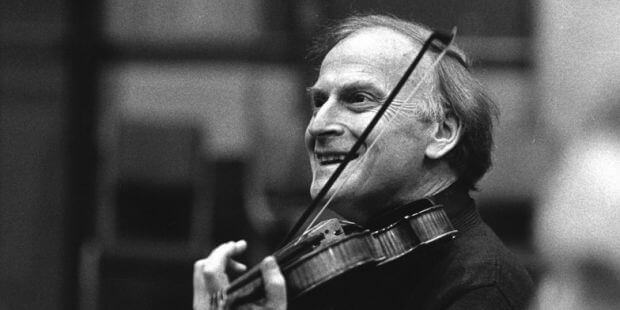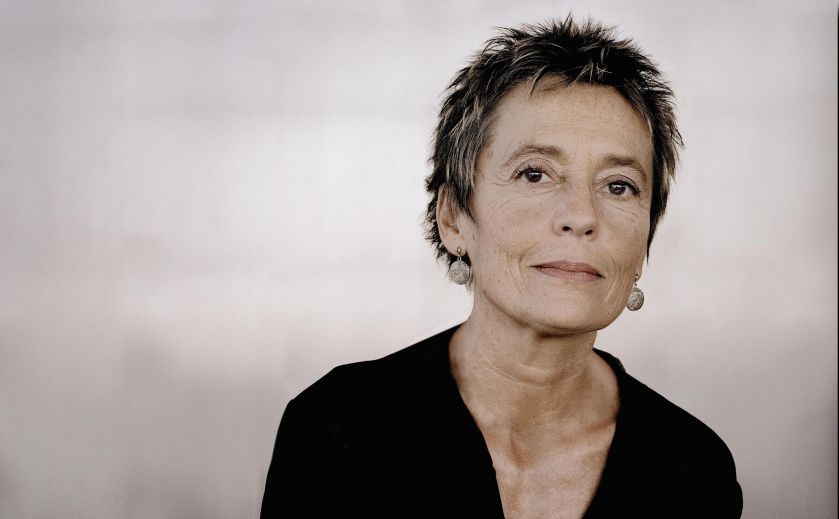Lise Davidsen
A Vocal Phenomenon Lighting Up the Opera World
Top Classical, June 2022
In the world of opera, certain voices possess an uncanny ability to captivate audiences, transcending time and space with their sheer brilliance. Lise Davidsen, the Norwegian lyric dramatic soprano, stands as one such vocal phenomenon, a prodigious talent whose meteoric rise is redefining the realms of possibility for young artists on the operatic stage. With a voice that evokes both awe and emotion, Davidsen’s journey is one of unparalleled artistry and promise.
Born in Stokke, Norway, in 1987, Lise Davidsen’s musical journey began with a profound connection to diverse genres as a guitarist and singer. Her passion and talent led her to the Grieg Academy of Music in Bergen, where she specialized in singing, setting the stage for the extraordinary vocal journey that would follow. Her pursuit of excellence led her to Copenhagen’s Royal Opera Academy, where she further honed her skills under the tutelage of masters in the field.
In 2015, Davidsen’s talents earned her two of the most esteemed accolades in the operatic world: victory at the Operalia and Queen Sonja singing competitions. These triumphs were the first resounding notes in a symphony of achievements that would follow. Her operatic debuts at illustrious venues like the Metropolitan Opera, Royal Opera House, Bayreuth, and Glyndebourne solidified her status as an artist of exceptional caliber.
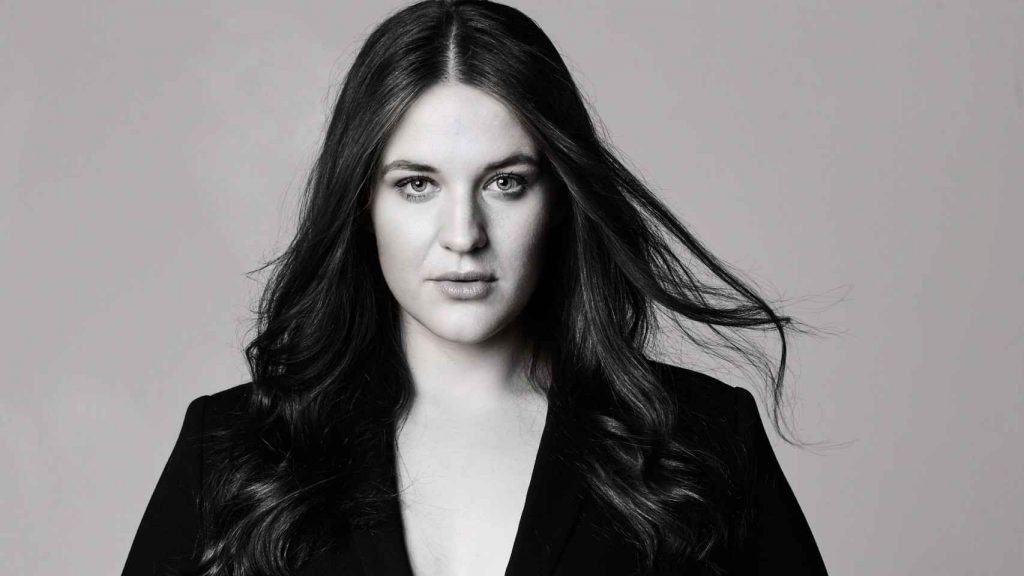
One of the most notable testaments to Davidsen’s prowess came from Antonio Pappano, the esteemed music director of the Royal Opera House. Following her performance in “Fidelio,” he proclaimed, “The voice has a light in it.” It was a sentiment echoed by audiences and critics alike, who were left stunned by the radiance and depth of her voice.
Davidsen’s debut solo recording with Decca Classics in 2018 was not just an album; it was a sonic testament to her artistry. Accompanied by the Philharmonic Orchestra and conductor Esa-Pekka Salonen, the album featured works by Strauss and Wagner, showcasing the remarkable versatility and emotional depth of her voice.
Her second studio album, released in February 2021, continued her journey of musical exploration. With works by Beethoven, Wagner, and Verdi, and the accompaniment of the London Philharmonic Orchestra under the baton of Sir Mark Elder, Davidsen further established herself as an interpreter of monumental musical legacies.
Davidsen’s impact on the opera world goes beyond the stages she graces and the recordings she delivers. She has rekindled the spirit of Scandinavian excellence on the classical scene, becoming the first artist from the region to sign with Decca Classics since legendary figures like Birgit Nilsson and Kirsten Flagstad. Her voice has been hailed as “once-in-a-generation” by Opera Magazine, a testament to the rarity and potency of her gift.
As Lise Davidsen’s journey unfolds, there is an overwhelming sense that we are witnessing the dawn of a new era in opera. With each note she sings, she forges a connection that transcends language, culture, and time, leaving an indelible mark on the hearts of all who have the privilege of experiencing her art. As she continues to raise the bar and ignite excitement across opera houses and concert halls, one thing is clear: the world of music is forever changed by the luminous presence of Lise Davidsen.


